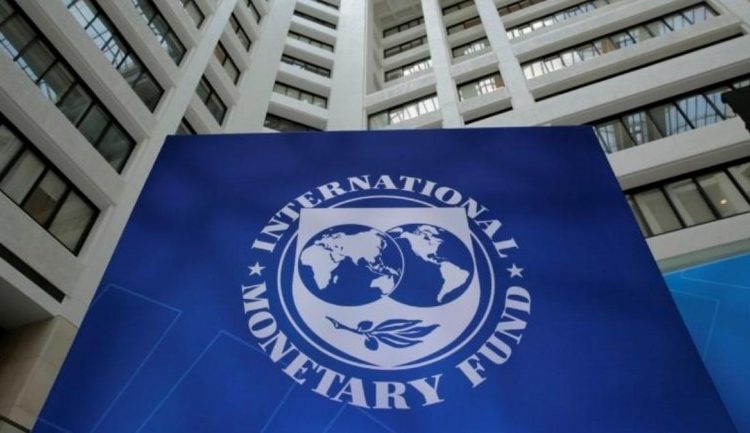IMF Reports Indicate Risk-Taking for Higher Returns

The financial stability of the global investors is at stake, reports The International Monetary Fund. The latter’s latter economic assessments insinuate the encouragement of financial risk-taking caused by lower interest rates. The records also call for the preparation of the world’s leading economies to employ the co-ordinated use of government finances in case there is a severe downturn.
In order to boost their economic activity, the IMF suggests, countries should try their best to afford using tax and spending measures. This week, according to the IMF’s warnings, will not be delightful in terms of economic performances. Therefore, it would be appropriate for leading financial centers to take the necessary means into account and act fittingly. For this, two newly published reports accompanied by blogs from senior IMF officials will come in handy. These are mostly focusing on the management of the government finances and the financial stability of the latter.
IMF levies the responsibility for the persistent economic weakness which central banks are trying to combat on trade tensions. In addition, banks are dealing with prominently low inflations which in combination with the formerly described issue have caused the cut on interest rates and the provision of a certain stimulus.
Critical Predictions
As much As IMR’s economists welcome the above measures, they also warn about the costs of its actualization. The Fund declares that such moves prompt the investors to take more chances in a quest for higher returns, although the financial stability and growth will remain at risk in the medium term.
It is important to note that the inability from the companies’ side to keep up the debt payments is largely due to low borrowing costs which eventually lead them to borrow more. The possible economic slowdown was carefully examined by IMF’s specialists and it turns out that the consequences are alarming in comparison to a massive financial crisis that emerged a decade ago and was twice as severe as the subject being observed.
As it seems, the firms would have to face a total debt of staggering $19 trillion and the latter would not be able to cover interest costs from their earnings. With the inclusion of a couple of European economies, China and the US, this number would equate to approximately 40% of corporate debt in the concerned economies.
Forbye, more lucrative assets were being sought by investors such as pension funds and insurance companies. They were encouraged to act so by the ultra-low nature of the interest rates. However, this move was far riskier. It is interesting to point out how low-interest rates, in general, would lead more money in the direction of the emerging economies in the developed world. This would substantiate the debt building, but if interest rates were to increase, keeping up the debt payments would become much more complicated.
IMF’s assessment of the general outlook on economics included an extra issue with the ultra-low interest rate policy. More concretely, it would leave central banks with constrained options to get grips with the downturn.
Germany is Doing Something Right
Thus far, attention has been dedicated to government finances and fiscal policies. In terms of these matters, the IMF’s assessment does not provide a shocking suggestion. Rather, it simply implies that those countries whose government finances look relatively good, should try everything in their power to expand their budget and support the demand for goods and services.
The perfect analogy of finances operated in such a fashion can be found in Germany where the government owns a budget surplus. As a result, the money spent on taxes is less than those collected. This has been the model of operation since the year 2012. Even though the country’s economy has been attacked by global trade tensions and challenges, with the possibility to very well be in recession, the government is still reluctant to open the spending tap. Part of the reason is the unemployment rate which can proudly be ranked among the lowest in the world.
Not all economies, however, look as promising as that of Germany. The IMF reports indicate that interest burdens and public debt are both high and rising in many other countries. Therefore, it would be a good idea for such areas of the world to take the prudent policy prescriptions into consideration and act accordingly.
In conclusion, the IMF once again emphasizes the importance of the possible co-ordinated action, the necessities for the latter and the readiness of the countries to partake and be appropriately prepared. All these, once again, in case of a severe downturn


























Comments (0 comment(s))